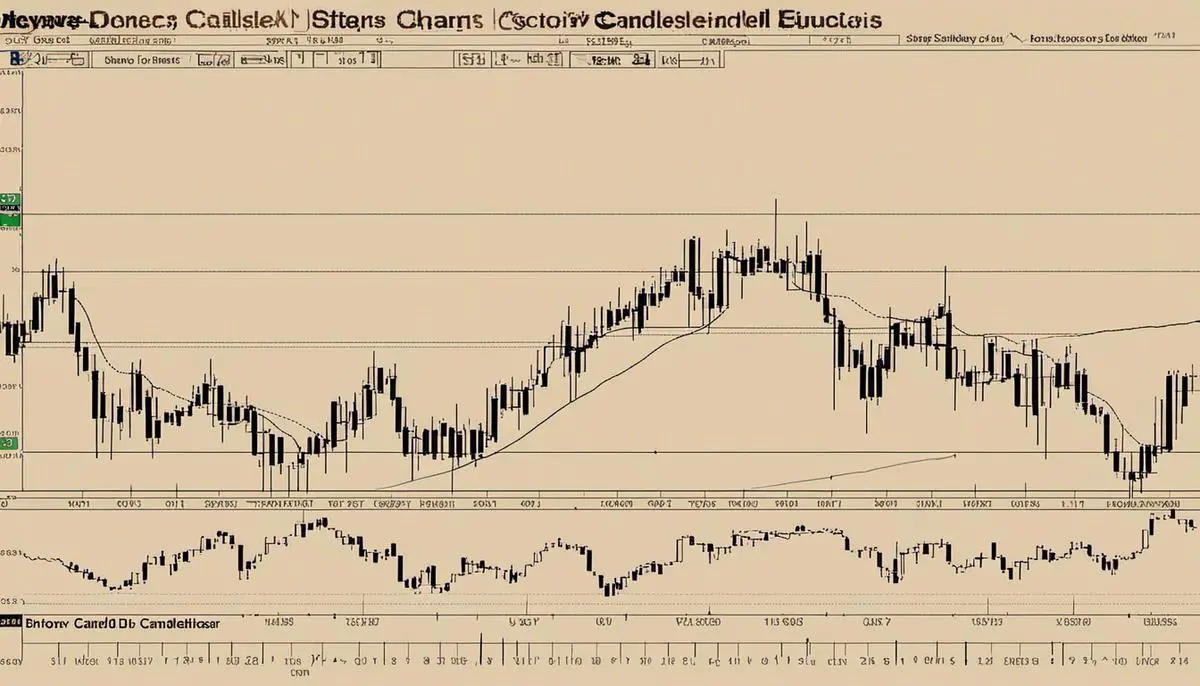Few people aim at a bull’s eye and miss it some of the time; most people aim at nothing and hit the target every time. Trading Forex is one of those opportunities that can change your life for sure.
If you are successful at it, you have the chance to have financial freedom and live the kind of life most people crave and few people realize. But the sad reality is that hundreds of people try trading each year and most are walking away defeated, confused, and broke.
However, some walk away realizing that trading for a living is a reality, and can be achieved regardless of your background, education, experience, or even intelligence. What makes the difference between success and failure in trading is like the difference between aiming at a bull’s eye or aiming at nothing at all.
Trading simply to trade isn’t enough. If you are not intentional about how, when, and why you make trades you will never find consistent profits from the market. You must develop a trading plan if you are going to be successful at Forex trading.
Why You Need a Trading Plan
Quite often people decide they want to learn to trade to make extra money or work independently. They do this by learning about the markets, the tools of trading such as indicators, how to read candlesticks, and even study about the psychology of trading. Then they open their accounts, click a mouse, and make a trade.
Time and again traders do this, using all of the knowledge they’ve gained, only to lose money over and over. They get confused, frustrated, and may even blow an account or two in the process of it all. Why?
If I gave you a hammer, some nails, and a set of blue prints would you start building the house? If you see the house needs walls, would you try to put up drywall before you even lay a foundation? Having the tools and strategies is not enough if you don’t put it into some sort of a trading plan.
Prospectively successful traders never realize their potential because with all they have done, they haven’t developed a trading plan. It can be easy to believe that just understanding how the individual functions of the market work, you could be good at trading. However, a trading plan helps to pull all that general knowledge into a specific set of guidelines to fit your style and needs as a trader.
For instance, a swing trader and a scalper both know how to read the market, use indicators, and are aware of the emotional effects of trading. But a swing trader would develop a completely different trading plan in comparison to a scalper.
Without using a trading plan designed for your trading style, you are nothing more than a gambler. You will not consistently profit in the market without a profitable trading plan.
How to Develop a Trading Plan
There may be many aspects you want to consider when you develop your trading plan. But a few common elements of successful trading plans are:
1. Financial boundaries: Figure out your risk/reward ratio. In addition, you may want to set a goal for number of pips achievable in your particular type of trade. (A scalp or intra-day trade may only yield 10 pips before it reverses; a swing may give 100) It is also really important to know how much capital you can risk on a trade, or even in a day of trading if you are planning multiple trades. Protecting your money is a top priority in trading. If you don’t have it, you can’t trade with it.
2. Market preparation: Make sure you have a good economic calendar available so you know what is happening in trading news. Take the time to read what the market is doing. Is it trending? Risk averse? No matter what your strategy is, market preparation can alert you to market conditions that may be poor for your strategy, or to news that may negatively affect your trading.
3. Timing: When you enter and exit a trade is tremendously important. Fine tuning this will help you get a good amount of pips without losing to reversals. Along with entrance and exits, knowing the time of day to trade is important. When markets open and close volatility will vary. And different market sessions (London, New York, Tokyo, Sydney) will have different rates of volatility, trending, and stability.
4. Basic strategy: This may be an already proven method like the candlestick trading, or something you develop on your own. But this part of your trading plan will have the set ups, triggers, and specific details that tell you when there is a trade for you in the market.
Note: If you are interested in finding a profitable trading strategy, I recommend Day Trading Forex Live.
5. Emotional gauge: Typically when developing a trading plan you have the technical elements, but it is equally valuable to add something to your plan as a reminder or gauge that keeps you emotionally in control and aware. Perhaps rules about only one trade an hour if you are a scalper. Anything that will keep you sober to your mindset and position in the market.
The blessing and the curse of the Forex market is that you can make a lot of money fairly easily. Although it seems like that would only be a good thing, it can awaken the greed monster inside, thus making it a curse. Because even though there are thousands of ways to make money in the markets, there are millions of ways to lose it.
Intentionality and discipline are cornerstones if you are going to be a successful trader. And developing a trading plan is how you attain, and maintain that. Decide to be a successful trader and bring all of your elements into trading by taking the time to develop a trading plan.





